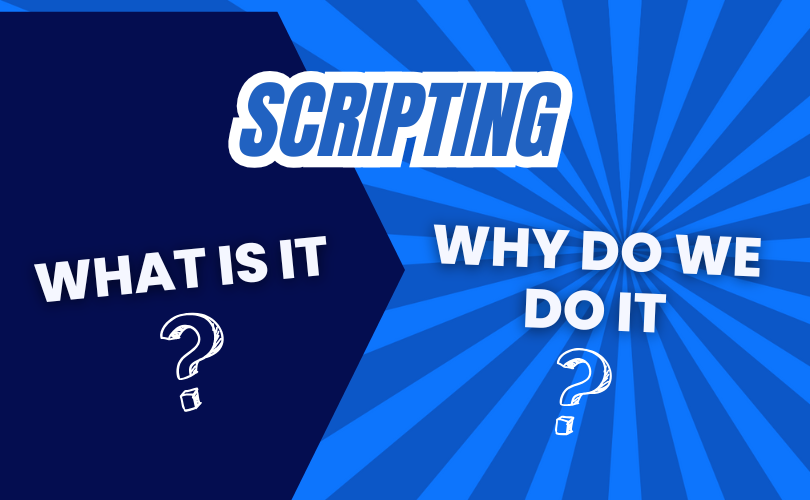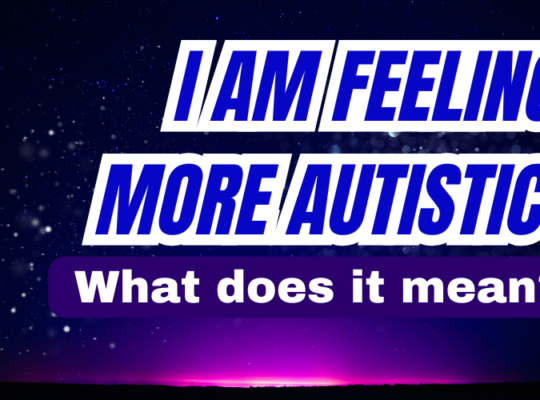There are many ways and reasons we script as Autistic adults, including to reduce our levels of stress and anxiety.
Autism scripting is a repetitive behavior that can be a valuable communication tool for people with autism spectrum disorder.
Why do we script?
There are five main reasons we sucript as autistic adults.
Coping mechanisms
Scripting is a coping mechanism that can help us cope with the anxiety and stress that we experience in social situations.
Communication
Scripting helps us communicate our thoughts, needs, and emotions. Scripting can also help us navigate social interactions and express ourselves to others.
Sense of predictability
Scripting provides us a sense of structure and predictability, which can help us feel more comfortable.
Backup
We often fall back onto scripting when we feel pressure to think of something original to say.
Prefabrication
By creating a script beforehand, which can be called prefabrication, we are prepared and able to communicate with others when it is too hard to form our own words.
What does scripting look like?
Here are 4 examples of what scripting looks like”
Greeting scripts to initiate social interactions. If you watched the movie, Temple Grandin, you would notice that Temple had a script she used when she met someone. She would say “Hello, I am Temple Grandin. It is nice to meet you”. or some version of this script. There is one scene where she deviates from her script and she was reminded that is not the way we greet people.
Conversation starters to initiate dialogue or small talk. Examples include “how are you doing today?” to start a conversation, or “today is Friday” (if it is Friday) to initiative small talk.
Another form of scripting is known as request scripting. We use request scripting to ask for help in a less direct way. Examples may include saying “I an having trouble with this” to ask someone to help you do something.
There are also transition scripts to change or end a conversation. As Autistics we might just want to jump from one topic to another, however it often throws the other person off and can come across as being rude, or blunt, and can be seen as us being disrespectful of what the other person was saying. Instead, we create scripts in advance that we can use to acknowledge what the other person has said and introduce what we want to talk about.
We also use transition scripts to end a conversation. For many on the spectrum, including myself, when we are done with a conversation we either want to just walk away without saying anything or bluntly say something like “bye!”.
Transition scripting that we may use to get out of a conversation may include “It was nice talking with you” or “I will talk with you later”
Be warned! While scripting can be a valuable communication tool, it can sometimes be problematic if it interferes with learning or if it makes it difficult to interact with others.





